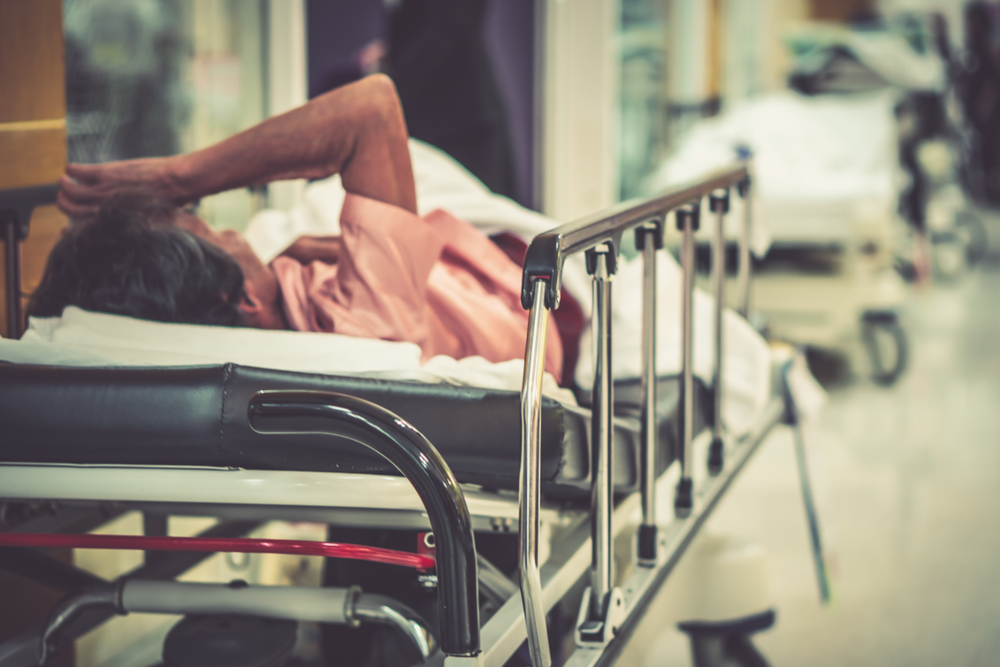John Lister
As Gary Neville and Ryan Giggs offer their hotels to NHS staff for free, and various companies donate hand sanitiser, equipment and food to help the NHS effort against Covid-19, a rather different approach can be seen among private hospitals, most of which have been effectively kept in business by treating over 500,000 NHS-funded patients each year, to fill what would otherwise have been numerous empty beds.
The private hospital bosses were delighted with the NHS England decision to block book 8,000 private acute beds. Independent Healthcare Providers Network (IHPN) Chief Executive David Hare however was evasive on the cost of the deal, arguing was not possible to disclose its value because it was not yet known how long the arrangement would be in place, or what the NHS would use. But he told the HSJ all providers had agreed to “a fully transparent approach and to provide services at cost price.”
Spire Healthcare, which runs 35 hospitals in the UK, told the Financial Times that the deal would provide it with “sufficient liquidity and financial stability during the Covid-19 outbreak,” and that it would receive “cost recovery for its services, including operating costs, overheads, use of assets, rent and interest less a deduction for any private elective care provided”.
The deal will work for minimum period of 14 weeks, and then on a rolling basis terminable by NHS England on one month’s notice, Spire added. The Mirror however states clearly that the cost of the contract is £300 per bed per day, putting the cost of block booking 8,000 beds at £2.4m a day, and the initial 14-week contract at £235m.
The FT reports David Rowland, director of the Centre for Health and Public Interest, who points out that the deal would come as a relief to the private sector at a time of massive uncertainty because it would have suffered if all non urgent operations had been cancelled and consultants redeployed.
“Due to the focus on Covid-19 it is highly unlikely that private hospitals would be able to perform anywhere near the volume of elective operations that provide their main source of income. This is due to the fact that the anaesthetists and doctors who would carry out these operations are NHS employees and they will be expected to turn their attention to the fight against the coronavirus rather than carrying out operations privately.”
Obviously the private hospitals were keen to emphasise the numbers of staff involved in this first-ever deal on this scale. The Independent Healthcare Providers Network (IHPN) trumpeted:
“Nearly 20,000 fully qualified staff will be joining the NHS response to the pandemic, helping manage the expected surge in cases. The extra resources now secured by the health service will not only be available to treat coronavirus patients, but will also help the NHS deliver other urgent operations and cancer treatments.”
Of course the fact that 20,000 almost entirely NHS-trained staff have been siphoned off into a low productivity, high cost private sector that according to analysts Laing & Buisson uses 9,872 acute beds, but treats an average of just 127 patients per bed per year (just over 2 per week) is one reason why the NHS has trouble recruiting the staff it needs.
The deal with NHS England is likely to make much more intensive use of 8,000 of these hospital beds across England, and it’s claimed this would also make available “nearly 1200 more ventilators, more than 10,000 nurses, over 700 doctors and over 8,000 other clinical staff.”
Many of the staff, as noted above, are already NHS employees working extra hours in private hospitals: so whether they are truly “extra” is hard to judge. What proportion of private hospitals – many of them very small, with no ICU facilities and geared only to uncomplicated elective surgery – are suited to treating Covid-19 patients is also open to doubt.
The Laing & Buisson figures (2018) show 197 of the 277 private hospitals are registered to take inpatients: 9872 beds shared between 197 hospitals averages 50 beds, but if the bed total is for all 277 hospitals the average size would be just 36 beds. Since we know a few private hospitals are much larger than this, it means some must be extremely small.
* Meanwhile the NHS is also closing many of its own 1,142 private beds, to make them (and the staff allocated to them) available to help fight the Covid-19 epidemic. Serious questions need to be asked after the crisis period subsides about the financial viability of those pay beds rather than simply allowing them to revert back to their normal pattern of partial use by limited numbers of patients, with no serious financial accountability.
Dear Reader,
If you like our content please support our campaigning journalism to protect health care for all.
Our goal is to inform people, hold our politicians to account and help to build change through evidence based ideas.
Everyone should have access to comprehensive healthcare, but our NHS needs support. You can help us to continue to counter bad policy, battle neglect of the NHS and correct dangerous mis-infomation.
Supporters of the NHS are crucial in sustaining our health service and with your help we will be able to engage more people in securing its future.
Please donate to help support our campaigning NHS research and journalism.


